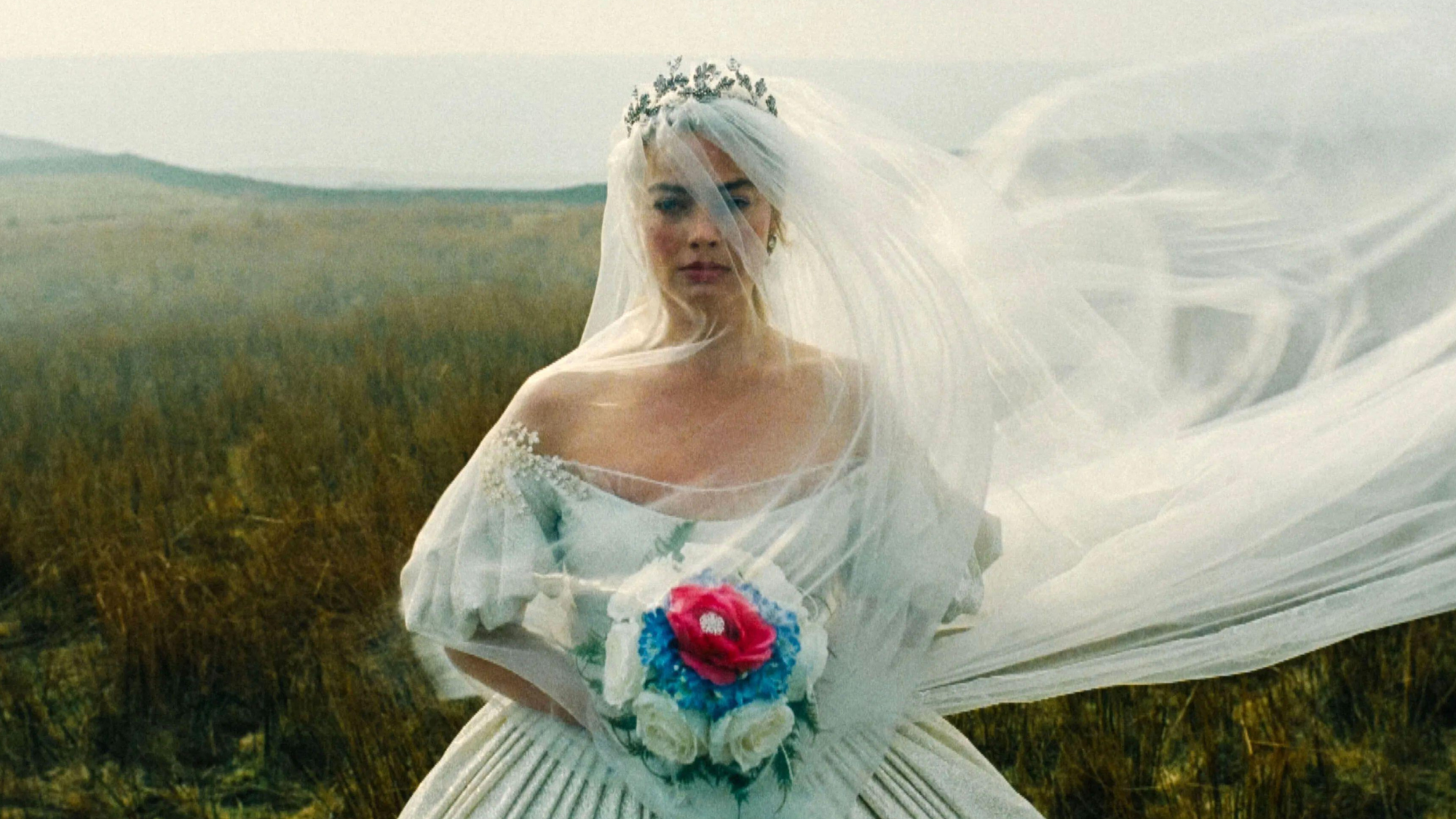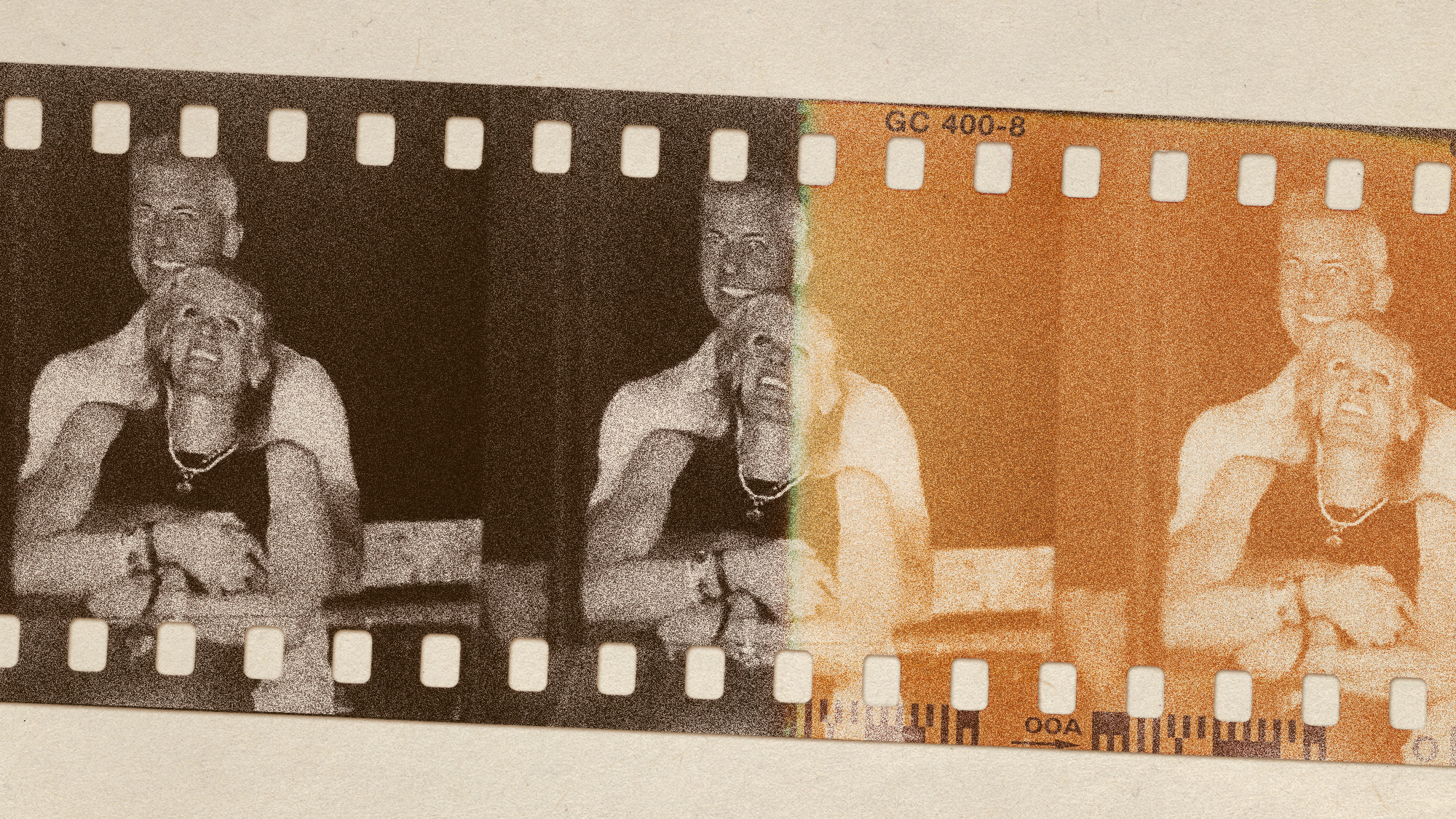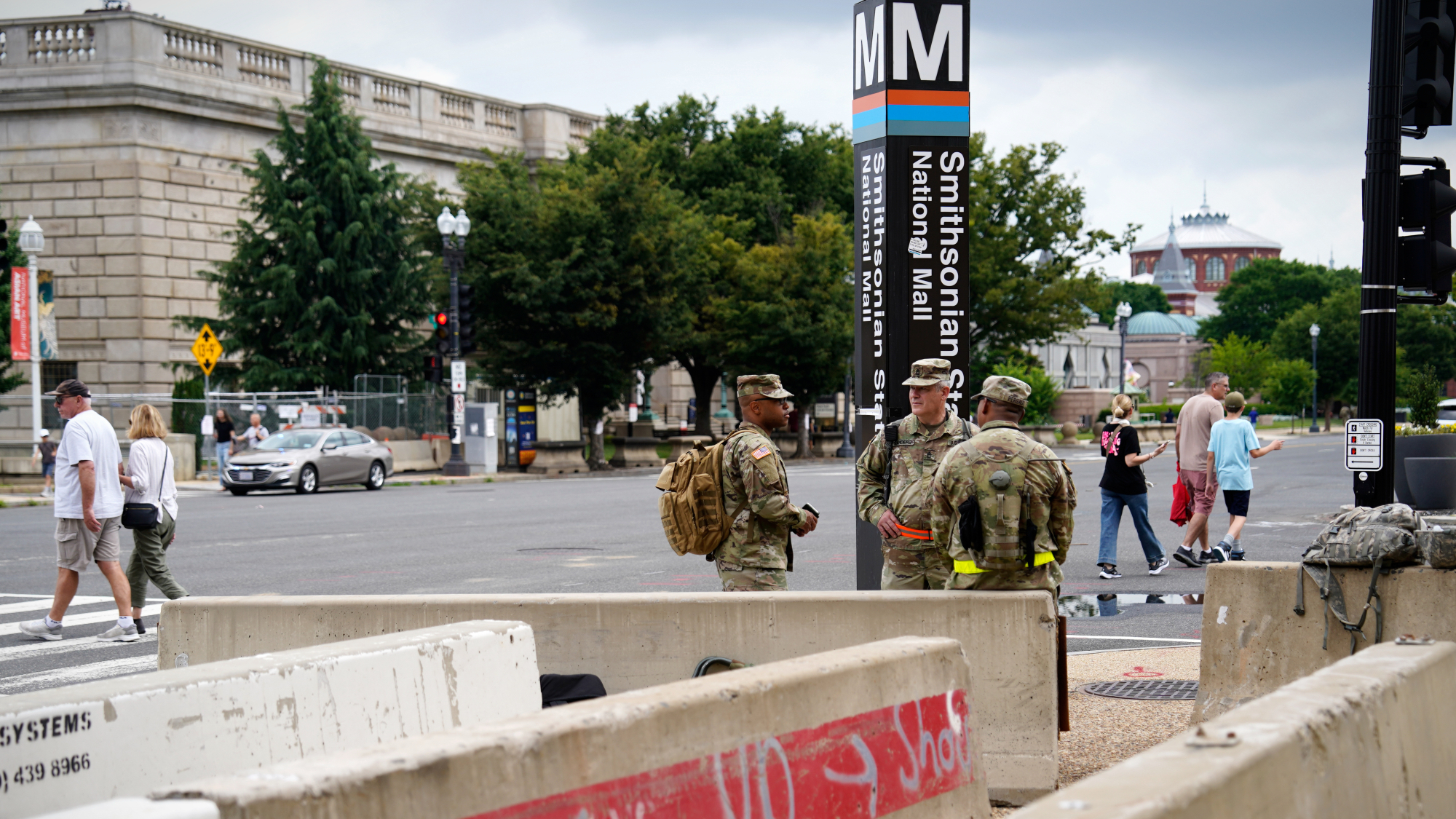With Macron, the leaders of Europe's 4 biggest economies have a combined 0 biological children


When Emmanuel Macron is sworn in as France's president on around May 15, after beating National Front candidate Marine Le Pen on Sunday, 66 percent to 34 percent, he will be France's youngest leader since Napoleon Bonaparte. Ten days later, he will attend his first summit of world leaders, a meeting of NATO heads of state in Brussels, followed by a G7 summit in Sicily.
Macron will find some things in common with various allies and confront some pretty stark differences, especially over the future of Europe — British Prime Minister Theresa May is divorcing the European Union, leaving Macron and Germany's Angela Merkel the two most important leaders of the remaining EU bloc. But along with having M last names, Macron, Merkel, and May have something curious in common: The leaders of Europe's three largest economies have "zero biological children among them," Lauren Collins points at The New Yorker. Italy is the fourth-largest European economy, and Prime Minister Paolo Gentiloni, 62, also has no children.
Each of the four leaders is married — Macron and Merkel have stepchildren, and May and Gentiloni have no children. And Macron, who embraced his hybrid family during the election, "is close to his stepchildren, all of whom have been active in his campaign, and even his step-grandchildren," Collins reports. President Trump has five children from his three marriages, and three of those children were active in his campaign — now two are running his business, and one has a job in his White House. France probably shouldn't expect a similar arrangement, BBC News reports: "Macron has been stern about politicians employing family members."
The Week
Escape your echo chamber. Get the facts behind the news, plus analysis from multiple perspectives.

Sign up for The Week's Free Newsletters
From our morning news briefing to a weekly Good News Newsletter, get the best of The Week delivered directly to your inbox.
From our morning news briefing to a weekly Good News Newsletter, get the best of The Week delivered directly to your inbox.
A free daily email with the biggest news stories of the day – and the best features from TheWeek.com
Peter has worked as a news and culture writer and editor at The Week since the site's launch in 2008. He covers politics, world affairs, religion and cultural currents. His journalism career began as a copy editor at a financial newswire and has included editorial positions at The New York Times Magazine, Facts on File, and Oregon State University.
-
 What have Trump’s Mar-a-Lago summits achieved?
What have Trump’s Mar-a-Lago summits achieved?Today’s big question Zelenskyy and Netanyahu meet the president in his Palm Beach ‘Winter White House’
-
 The most anticipated movies of 2026
The most anticipated movies of 2026The Week Recommends If the trailers are anything to go by, film buffs are in for a treat
-
 The biggest viral moments of 2025
The biggest viral moments of 2025In the Spotlight From the Coldplay concert kiss cam to a celebrity space mission, these are some of the craziest, and most unexpected, things to happen this year
-
 Son arrested over killing of Rob and Michele Reiner
Son arrested over killing of Rob and Michele ReinerSpeed Read Nick, the 32-year-old son of Hollywood director Rob Reiner, has been booked for the murder of his parents
-
 Rob Reiner, wife dead in ‘apparent homicide’
Rob Reiner, wife dead in ‘apparent homicide’speed read The Reiners, found in their Los Angeles home, ‘had injuries consistent with being stabbed’
-
 Hungary’s Krasznahorkai wins Nobel for literature
Hungary’s Krasznahorkai wins Nobel for literatureSpeed Read László Krasznahorkai is the author of acclaimed novels like ‘The Melancholy of Resistance’ and ‘Satantango’
-
 Primatologist Jane Goodall dies at 91
Primatologist Jane Goodall dies at 91Speed Read She rose to fame following her groundbreaking field research with chimpanzees
-
 Florida erases rainbow crosswalk at Pulse nightclub
Florida erases rainbow crosswalk at Pulse nightclubSpeed Read The colorful crosswalk was outside the former LGBTQ nightclub where 49 people were killed in a 2016 shooting
-
 Trump says Smithsonian too focused on slavery's ills
Trump says Smithsonian too focused on slavery's illsSpeed Read The president would prefer the museum to highlight 'success,' 'brightness' and 'the future'
-
 Trump to host Kennedy Honors for Kiss, Stallone
Trump to host Kennedy Honors for Kiss, StalloneSpeed Read Actor Sylvester Stallone and the glam-rock band Kiss were among those named as this year's inductees
-
 White House seeks to bend Smithsonian to Trump's view
White House seeks to bend Smithsonian to Trump's viewSpeed Read The Smithsonian Institution's 21 museums are under review to ensure their content aligns with the president's interpretation of American history
